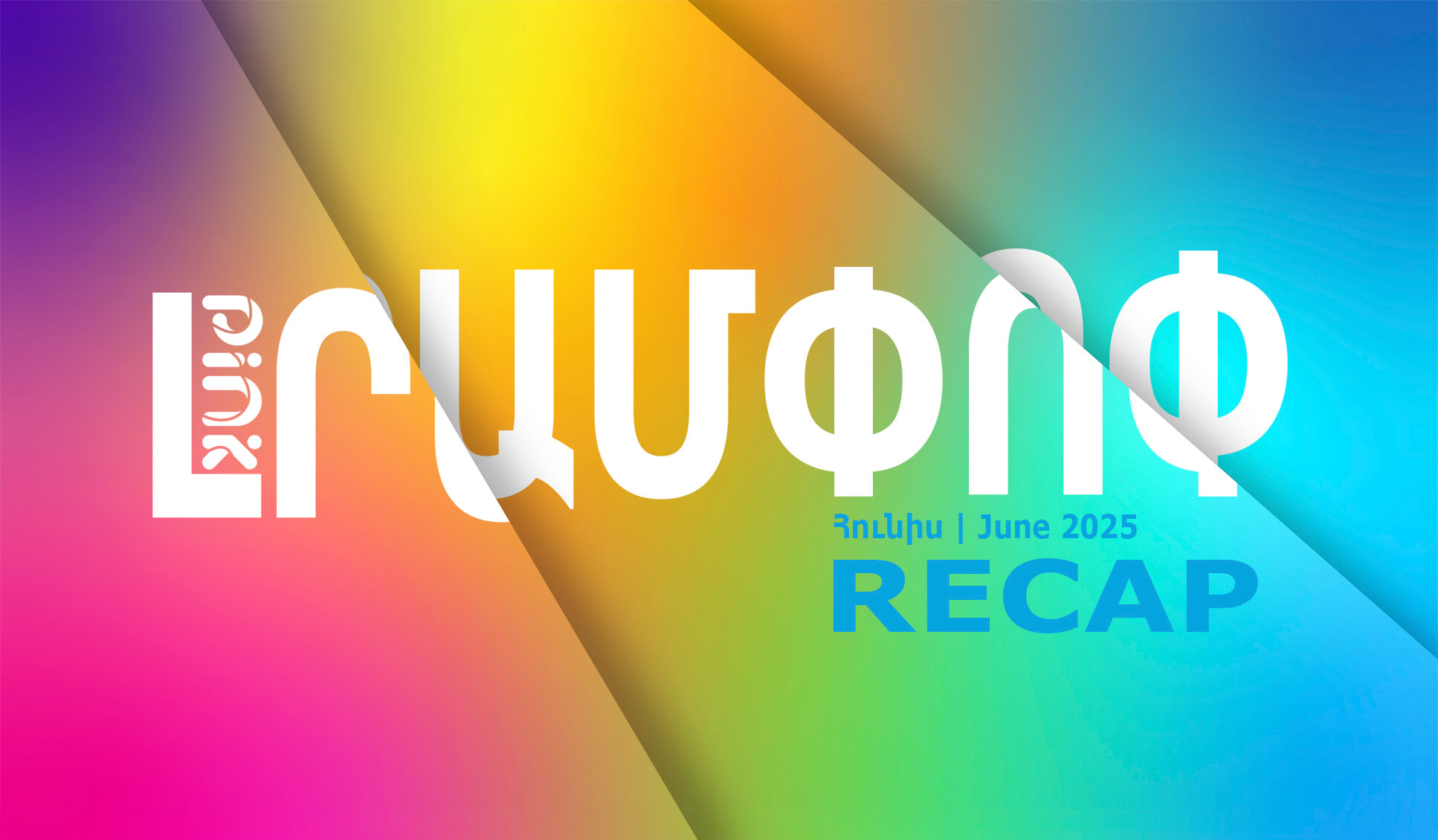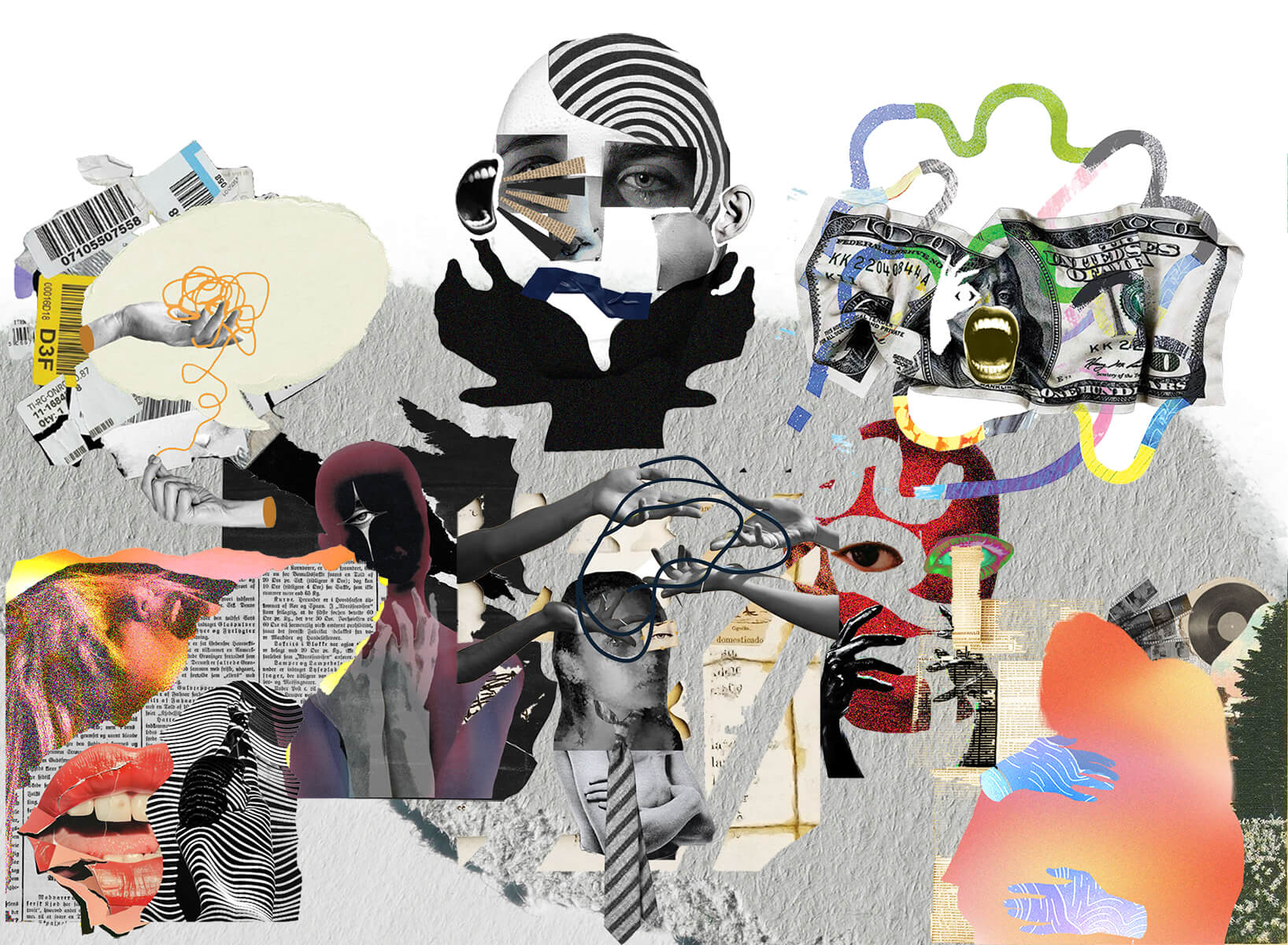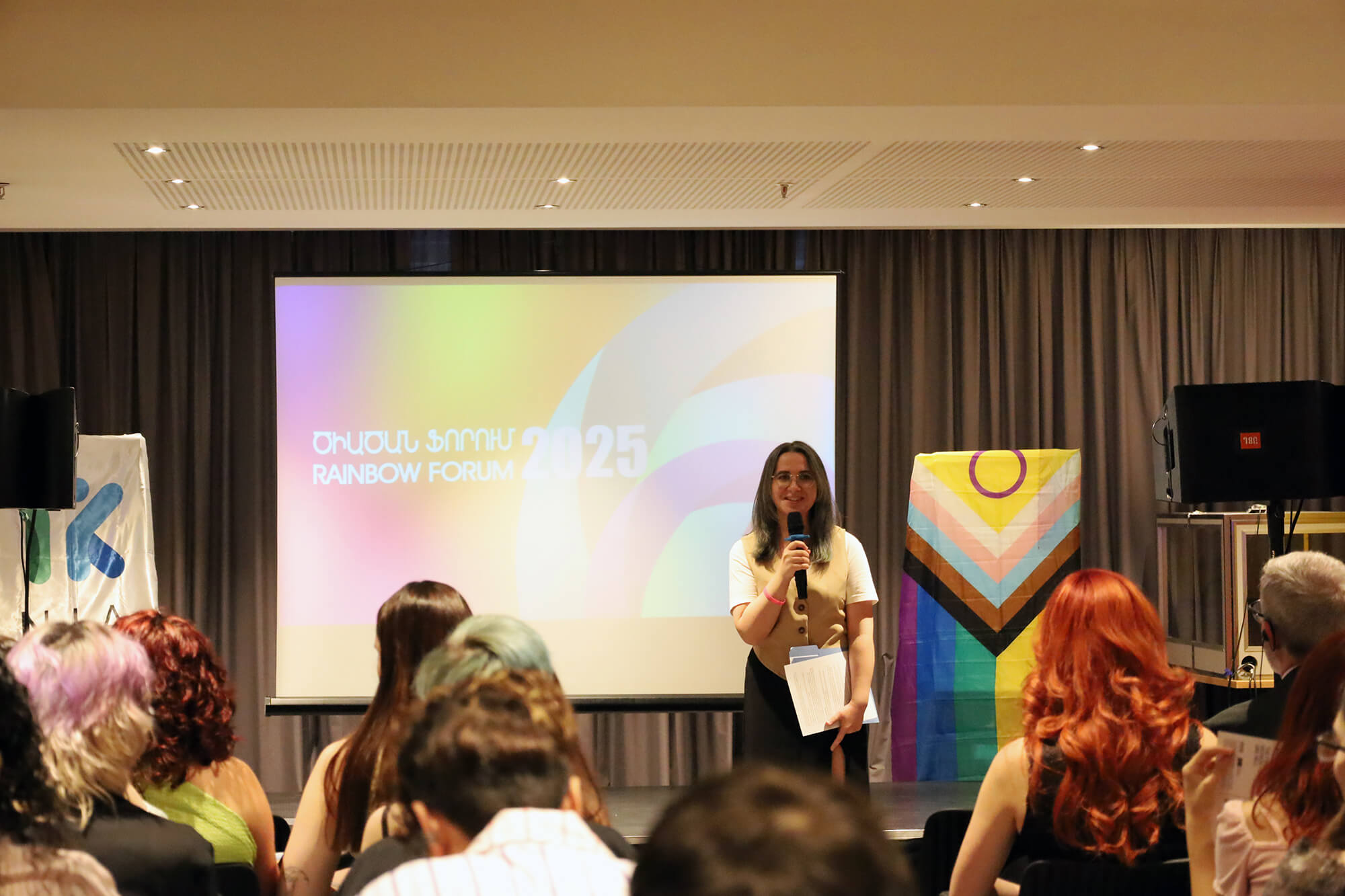Semi-annual summary of LGBT rights violations recorded in 2023
In 2023 between January and June, Pink’s lawyers and advocates provided about 180 legal consultations and recorded 18 offenses involving discrimination on the grounds of sexual orientation and gender identity. Pink prepares a comprehensive report on the documented cases each year and publishes a summary of the situation for the first six months of the year.
Pink provides LGBT victims with a range of services for the dignity and rehabilitation of victims of crimes, such as psychologists’, social workers’, lawyers’, and attorneys’. As a result of the consultations provided, in case of recording of an offense, an attorney is also involved, who represents the interests of the victim free of charge in judicial and extrajudicial bodies for the protection of rights. In particular, the attorneys of the organization visit the police and investigative departments, courts with the victims of crimes to protect their interests. Where possible, issues are also resolved through compensation and conciliation without resorting to judicial mechanisms.
Legal services are available not only to LGBT people, but also to their relatives, friends, and family members who have been discriminated because of their association or connection with the person. As mentioned, consultations were provided 180 times between January and June 2023. Counseling was provided to the victims both through the hotline and in person at the community center of the organization, which allows creating an atmosphere of trust between the specialist and the beneficiary and organizing the work more effectively.
In 2023 in the first half of the year, the lawyers and attorneys of the organization provided representation on 19 cases. They visited the law enforcement bodies with the persons discriminated on the grounds of sexual orientation and gender identity and represented the interests of the victims, protecting their rights.
At the same time, it should be noted that the number of violations recorded by Pink NGO does not reflect the full image of situation of LGBT people in Armenia.
Often, the victims are indifferent to the manifestations of discrimination towards them, putting up with the fact that the stereotypical and discriminatory attitude of society is manifested in many areas and perceiving it as a normal phenomenon. On the other hand, this adaptation can also be characterized as the result of improper protection, when the victim no longer perceives that the state should provide him with legal protection, regardless of any of his personal characteristics. On the other hand, victims consciously do not trust law enforcement agencies. The reason is that LGBT people are often double discriminated and mistreated also by law enforcement agencies or privacy of personal information about them is not ensured.
Impunity is also evidenced by the reports published by Pink over the years: in dozens of cases the offenders are not brought to liability or are subjected to comparatively mild punishment. It also happens that the organization receives limited information about some offenses, but it is not possible to find out the details of the cases, so these cases are not recorded and published to ensure the reliability of the organization’s statistics.
LGBT people received counseling on the following topics:
- illegal dissemination of information related to personal life,
- manifestations of discrimination based on sexual orientation and gender identity,
- cases of physical, sexual violence, torture,
- domestic violence, legal ways to protect against it,
- issues related to military service,
- manifestations of hate speech,
- passport, residence status, visa issues,
- rights and responsibilities of the victim, the accused, and law enforcement agencies when proceeding with a criminal case,
- issues related to marriage, divorce, alimony,
- issues related to obtaining refugee status, rights, and responsibilities,
- issues related to various other rights.
Violations of the following rights were recorded:
- The right to be free from discrimination,
- The right to be free from torture, inhuman and degrading treatment,
- Right to personal freedom and immunity,
- Right to respect for private and family life.
Law violations were manifested in the form of physical and psychological violence, hooliganism, fulfillment of authority by police representatives and inhumane, humiliating treatment, dissemination of personal information. 5 of the 18 registered cases are cases of domestic violence, which were manifested in the form of physical, psychological, and economic violence.
The victims in two of the cases are trans sex workers who are vulnerable not only because of their gender identity, but also because of their employment.
In eight of the recorded cases, human rights violations were directly demonstrated by state bodies, such as the police, a psychiatric institution, and the military commissariat. In two cases, the police illegally deprived people of their freedom and brought them to the police station. In four cases, the victims were treated inhumanely by the police representatives in the police department through physical and psychological violence and humiliation. In another case, a person was physically abused by a psychiatric institution because of his sexual orientation. In one more case, the data on the orientation of the person was transferred to the family members.
In the other three cases, individuals were victims of physical violence or bullying on the street by strangers because of their real or perceived sexual orientation or gender identity, which was caused by their appearance and association with LGBT people based on societal prejudices and stereotypes.
Turning to the issue of applying to law enforcement agencies and the attitude of law enforcement officers, LGBT people this year also avoid applying to rights protection mechanisms because they fear that they will be discriminated again, or they have been discriminated against by law enforcement officers in the past, or they are familiar with the stories of their friends who have also been discriminated against. In other words, LGBT people do not believe that the police and investigators will protect their rights and that criminals will be punished.
It is noteworthy that all human rights violations occurred in combination with the violation of the right to be free from discrimination. However, in no case was the act qualified as a hate crime by law enforcement agencies.
Summary
Summarizing, we can record that cases of discrimination and violence based on sexual orientation and gender identity and expression continue in RA, and even though the organization provides legal awareness of the community and protect the victims, anyways systemic changes in the prevention of discrimination are possible only through effective steps taken by the state.
In July 2022, the new Criminal Code entered into force, which was assessed as a positive change in terms of mechanisms for the protection of the interests of LGBT people in sense that it provided for a ban on discrimination and a broader regulation for hate crimes based on sexual orientation or gender identity. At the same time, summarizing the analysis of the situation, we can conclude that the new Criminal Code cannot be considered an effective legal protection mechanism yet. Pink will continue to take steps towards the proper implementation of legislation and its monitoring to ensure the protection of the interests of LGBT people.
We remind you that you can get legal consulting by visiting the organization or by calling our legal hotline (099-522533).




